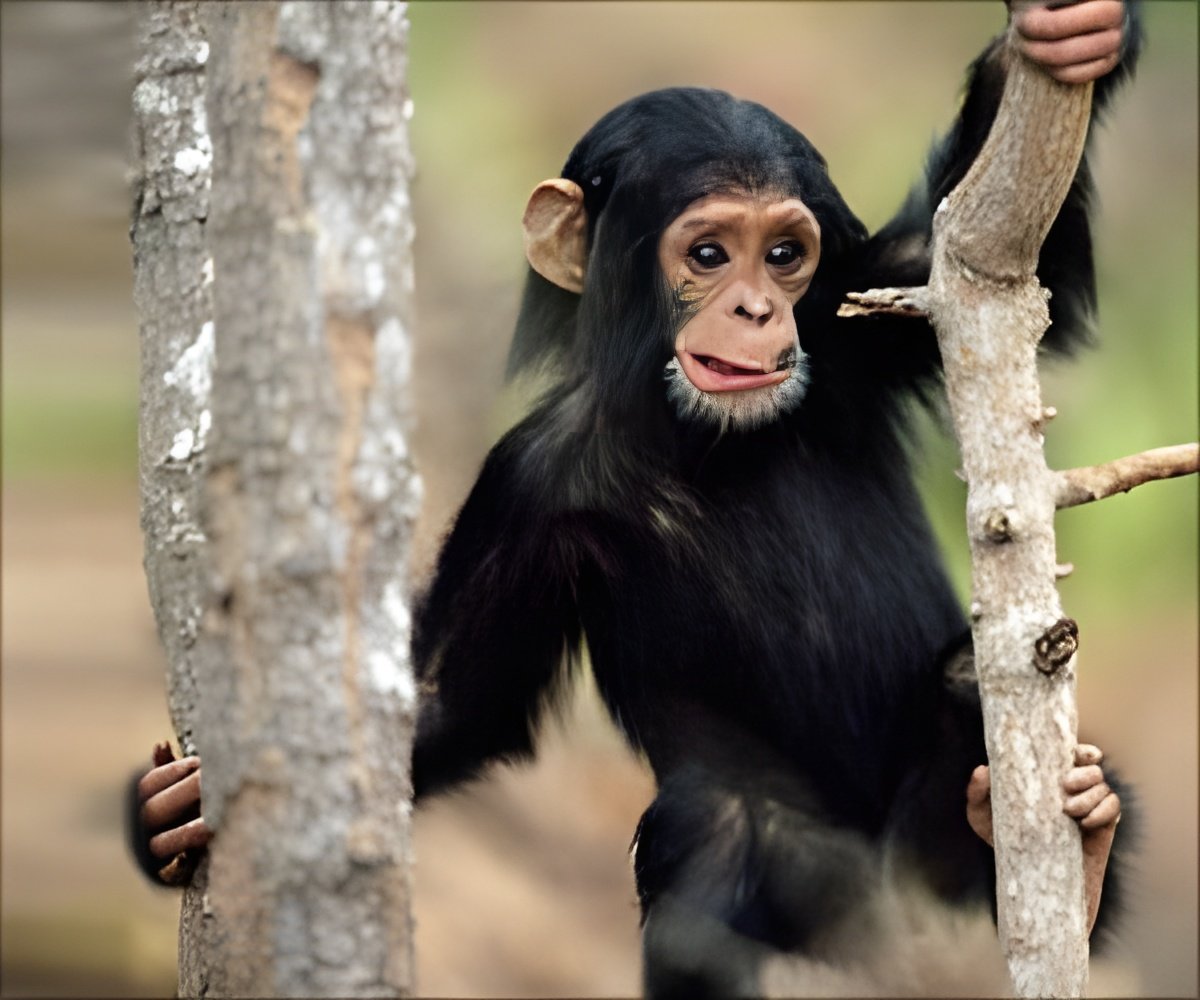
‘The National Institutes Of Health retired about 310 chimpanzees in line with recommendations from the US National Academy of Medicine to cease its chimp program altogether.’
Tweet it Now
"I think this is the natural next step of what has been a very thoughtful five-year process of trying to come to terms with the benefits and risks of trying to perform research with these very special animals," Collins was quoted as saying by Nature. According to Collins, the NIH has received only one application since 2013 to use chimps in research. Even that application was later withdrawn. "We reached a point where in that five years the need for research has essentially shrunk to zero," Collins added.
The US Fish and Wildlife Service (FWS) has not received any requests for research exemptions since the endangered-species protection took effect earlier this year. The NIH retired about 310 chimpanzees in 2013, in line with recommendations from the US National Academy of Medicine.
The US Fish and Wildlife Service (FWS) added a second, separate bar to chimp research in June, when it gave research chimps endangered species protection. This prevents scientists from stressing chimps unless the FWS determines that the work would benefit wild chimpanzees.
Researchers were, nevertheless, able to continue some non-invasive behavioral research with the NIH chimps and others. The NIH decision essentially ends chimpanzee research at MD Anderson's Keeling Centre for Comparative Medicine and Research in Bastrop, says the centre's director, Christian Abee, because its chimps are owned by the government.
Advertisement








